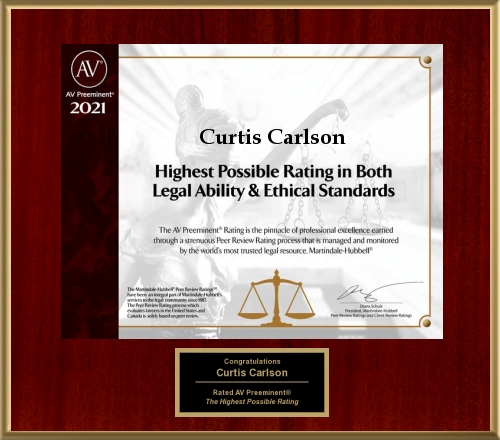Don’t Be a Victim: Avoiding Investment Fraud
You may know that investment scammers are devious individuals who come in many shapes, sizes, ages, and genders. And you may know that scams come in many forms.
Investment fraud can occur in purchases and sales of a variety of investment products. Fraud can involve common stocks, put and call options, hedge funds and mutual funds, limited liability companies or joint ventures, U.S. Treasury notes and bonds, or any strategy or security imaginable. And of course, it can take the shape of a Ponzi scheme. So, how does a smart investor avoid becoming a victim? They watch for the following red flags.
The Red Flags: How to Avoid Investment Fraud
Red Flag #1: Too Good to Be True
Fraudulent investment schemes look like perfect investments. They promise high returns with little or no risk. Or, they present plans made from secret or insider information that will supposedly yield unusually big payments. Always keep in mind that deals that look too good to be true probably are.
Red Flag #2: Unregistered Products or Salespeople
Investment products, as well as investment managers, salespeople, and firms should be registered with FINRA, the SEC and state regulators. Scam investment products often go unregistered, in order to fall under the radar. Always check that potential investments are above-board and fulfill all registration requirements.
Red Flag #3: Confusing Plans or Strategies
A potential investor should always understand a company’s investment products, their services, and business before making any kind of investment. Fraudsters often obscure investments in complicated terminology. Take advantage of the SEC’s resources to find information about financial statements, periodic reports, and other corporate filings on your investments.
Red Flag #4: Traditionally Poor Investment Strategies
Even beginning investors know that a lack of diversification, overusing margin, or risky investments can prevent healthy growth. Fraudulent investment salespeople often tout investment products that use traditionally poor investment strategies, insisting that when used correctly, the schemes will be unusually successful.
What to Do If You’re Taken in
If you have been taken in by a fraudster, there are options to recoup your losses. Securities and Exchange Commission regulations, as well as state laws and FINRA regulations protect investors who have suffered losses from fraudulent or scam investments. Individuals may also find relief by filing suit in court or arbitration, either alone or as a class-action claim.
Our Help
If you’ve been the victim of investment fraud, start by understanding your options. It may be possible to recover all or part of your investments. Contact an experienced Miami investment and financial attorney at Carlson & Associates, P.A. at 305-372-9700 today for a consultation. Your money should work for you, not somebody else.














